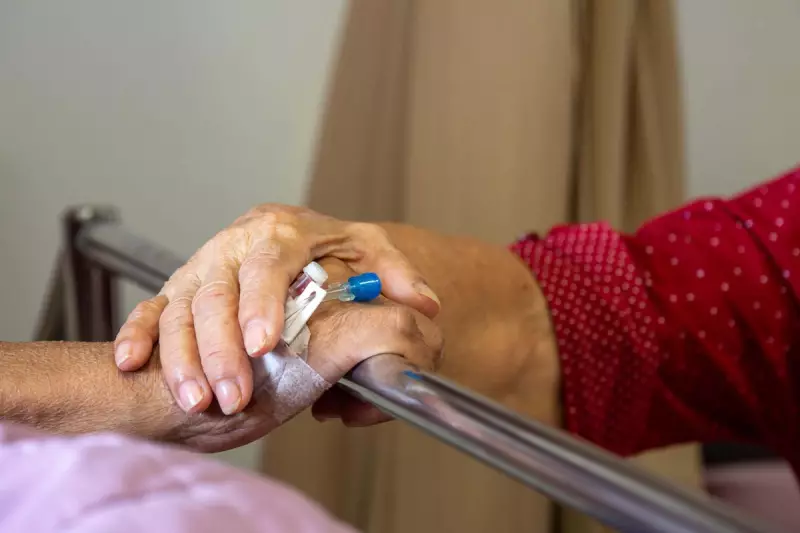
The House of Lords has delivered a decisive blow to the government's controversial 'Bill of Life' legislation, rejecting proposals that would have granted doctors complete immunity from murder prosecutions.
The move comes amid heightened sensitivity following the Harold Shipman inquiry, which revealed the full extent of the GP's crimes and raised serious questions about medical oversight.
Constitutional Standoff
Peers from across the political spectrum united in opposition to the bill, arguing it represented a dangerous overreach that could potentially shield future medical practitioners from criminal accountability. The proposed legislation would have established unprecedented legal protections for physicians against murder charges.
Shipman's Shadow Looms Large
The spectre of Harold Shipman, Britain's most prolific serial killer who murdered at least 250 patients, heavily influenced the debate. Many peers referenced the recent inquiry findings, suggesting the bill would undermine crucial safeguards exposed by the Shipman case.
'This legislation risks creating a dangerous precedent,' argued one senior peer during the heated debate. 'The Shipman inquiry taught us the vital importance of accountability and oversight in medical practice.'
Government Defends Proposal
Supporters of the bill had argued that it would protect doctors from malicious prosecutions and allow them to make difficult end-of-life decisions without fear of legal repercussions. However, opponents countered that existing legal frameworks already provided adequate protection for medical professionals acting in good faith.
What Happens Next?
The bill's rejection in the Lords represents a significant setback for the government, which must now decide whether to:
- Abandon the legislation entirely
- Return with amended proposals
- Attempt to override the Lords' decision
The outcome highlights the continuing tension between medical professional interests and public safety concerns in post-Shipman Britain.





